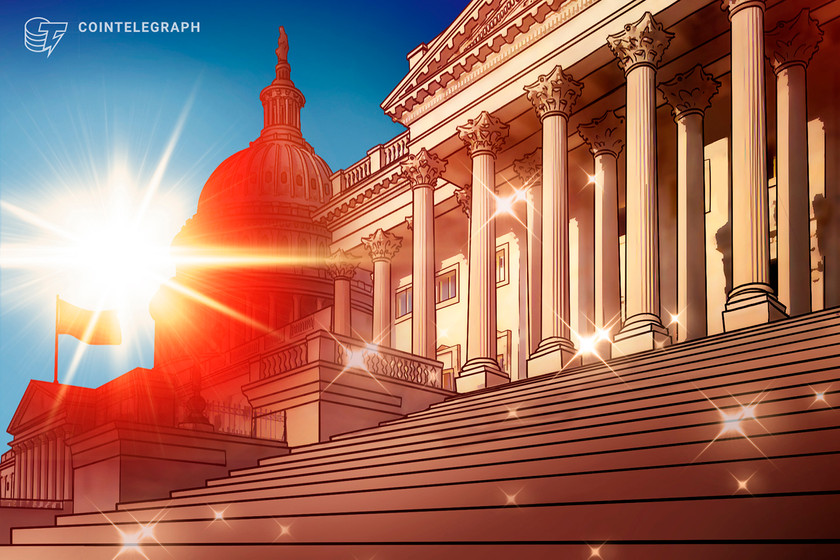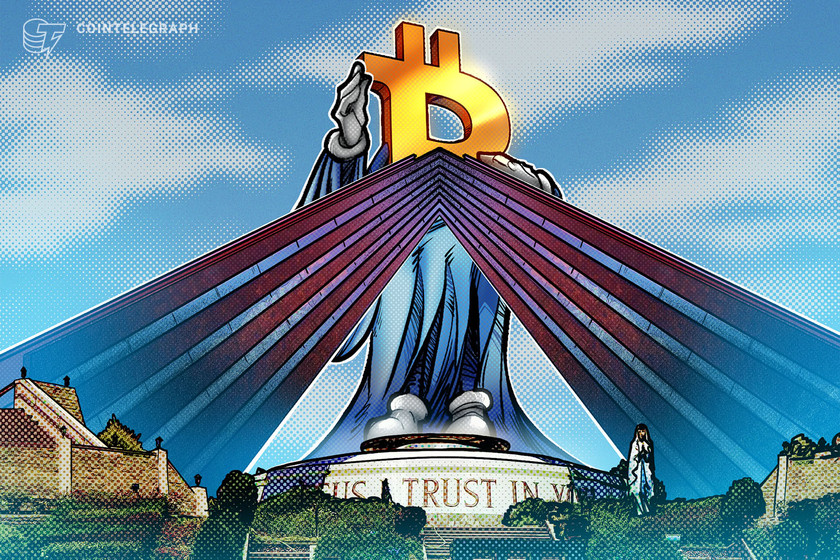Opposition press links Russian lawmaker to local crypto OTC


Russia’s crypto OTC platform Bankoff has reportedly not only helped officials avoid sanctions but also generated some gains.
A Russian legislator who was one of the authors of the bill to legalize cryptocurrency mining in the country has been tied to local over-the-counter (OTC) exchange Bankoff.
Russian opposition activist Mikhail Khodorkovsky linked Bankoff to lawmaker Andrei Lugovoi in an article by the London-based investigative project Dossier Center on Dec. 19.
The 6,000-word article was accompanied by a video titled “Crypto-Kremlin: How the authorities launder Bitcoin,” released the Khodorkovksy Live YouTube channel.
According to Dossier, Bankoff is the most active peer-to-peer trader using Russian rubles on global crypto exchange Binance. As previously reported, Binance continued to serve non-sanctioned Russians despite the European Union banning all crypto transactions for Russia in October. The Bankoff OTC platform accepts only cash from customers and has almost no Anti-Money Laundering or Know Your Customer controls.
Как думаете, кто может контролировать криптообменник, который приносит миллионы долларов в год? Естественно, тот, кто сидит в Госдуме и занимается регулированием крипты. В треде — всё самое важное о новом расследовании.https://t.co/ndd62kxy3n
— Центр «Досье» – право на справедливость (@dossier_center) December 19, 2022
The trader’s office is reportedly on the 65th floor of a building in the Moscow City skyscraper district. The premises belong to the Bratsk Electricity Network, a company that distributes electricity around the east-central Russian city of Bratsk, which is a center of cryptocurrency mining.
According to Dossier, Bankoff could make up to $20,000 daily on up to 4% in commissions on users’ crypto transactions. Lugovoi’s wife, Ksenia Lugovaya, has reportedly also owned a share in Bratsk Electricity Network since 2018. A declaration filed by her husband and purportedly shown in the Dossier video indicates that Lugovaya had an income of 29.6 million rubles (a little more than $400,000) in 2021 with no sources of income other than the Bratsk electric company.
The Dossier article and video also describe how a representative of Dossier was allegedly able to convert 100,000 rubles ($1,400) in Tether (USDT) using the sanctioned Russian crypto exchange Garantex. The representative was reportedly able to send USDT from Garantex to Binance and then successfully transfer to an account in the United Kingdom-based fintech firm Wise, thus enabling the distribution of that money despite sanctions from the United States.
Such a scheme not only allows the Russian government officials to avoid sanctions but also generates money for them, the speaker in the video argues, stating:
“That doesn’t impede Russian officials and members of the security forces from using cryptocurrency not only to take millions out of the country but also to make money from doing it. People who are under the close attention of law enforcement agencies worldwide have long been tied to this.”
While apparently benefitting from crypto themselves, Russian lawmakers have been actively opposing the idea of crypto investment by regular people. The Russian government has not legalized any local cryptocurrency exchange, and the central bank has taken a firm stance against crypto investment.
Related: Putin calls for blockchain-based international payment system
Apart from backing one of the biggest crypto OTC platforms in Russia, Lugovoi is known for developing local cryptocurrency laws. He is one of the authors of the cryptocurrency mining bill introduced into Russia’s lower house of parliament on Nov. 17. Lugovoi began his political career after he was implicated in the poisoning of former Russian security service officer Alexander Litvinenko in the U.K. in 2006.
Additional reporting by Helen Partz.






